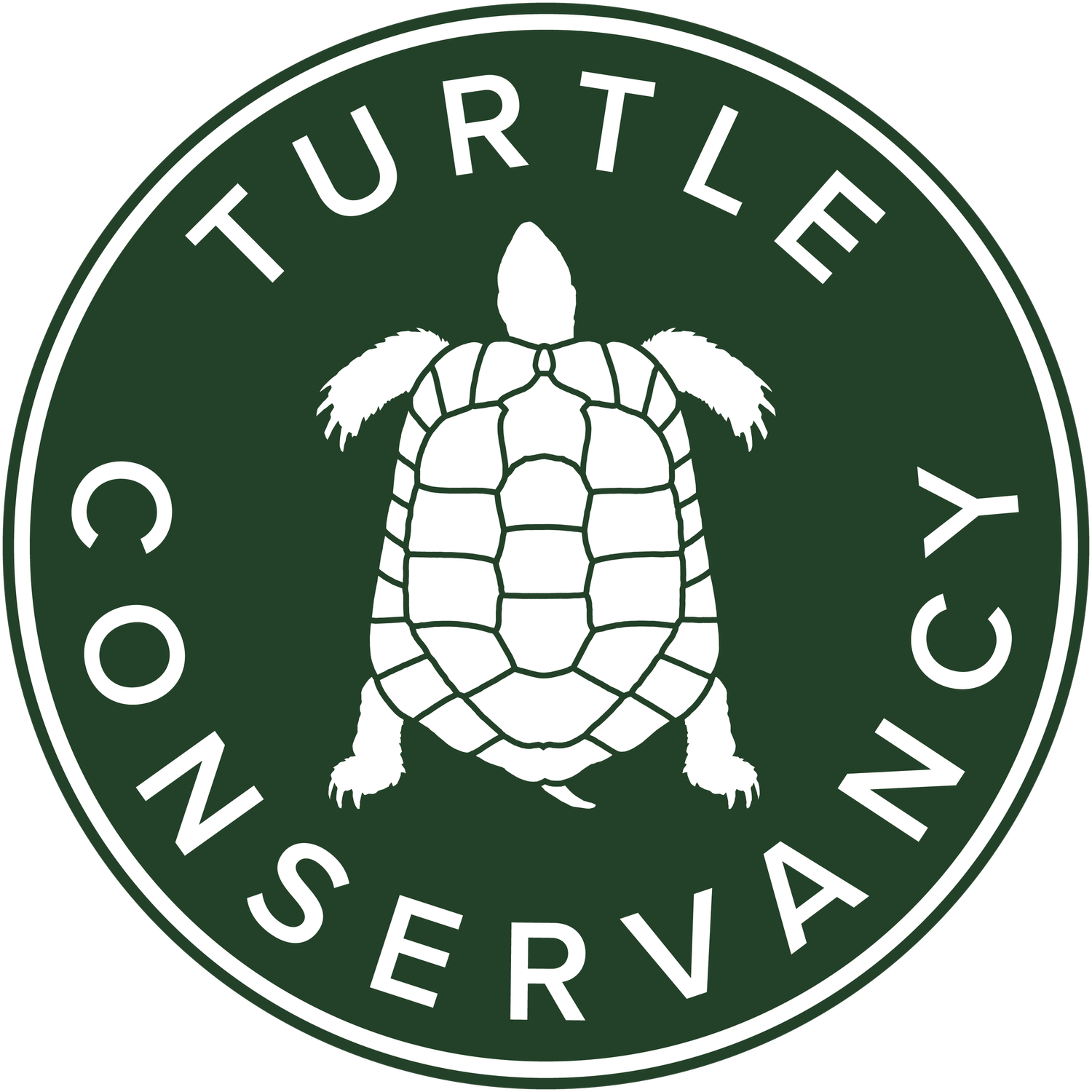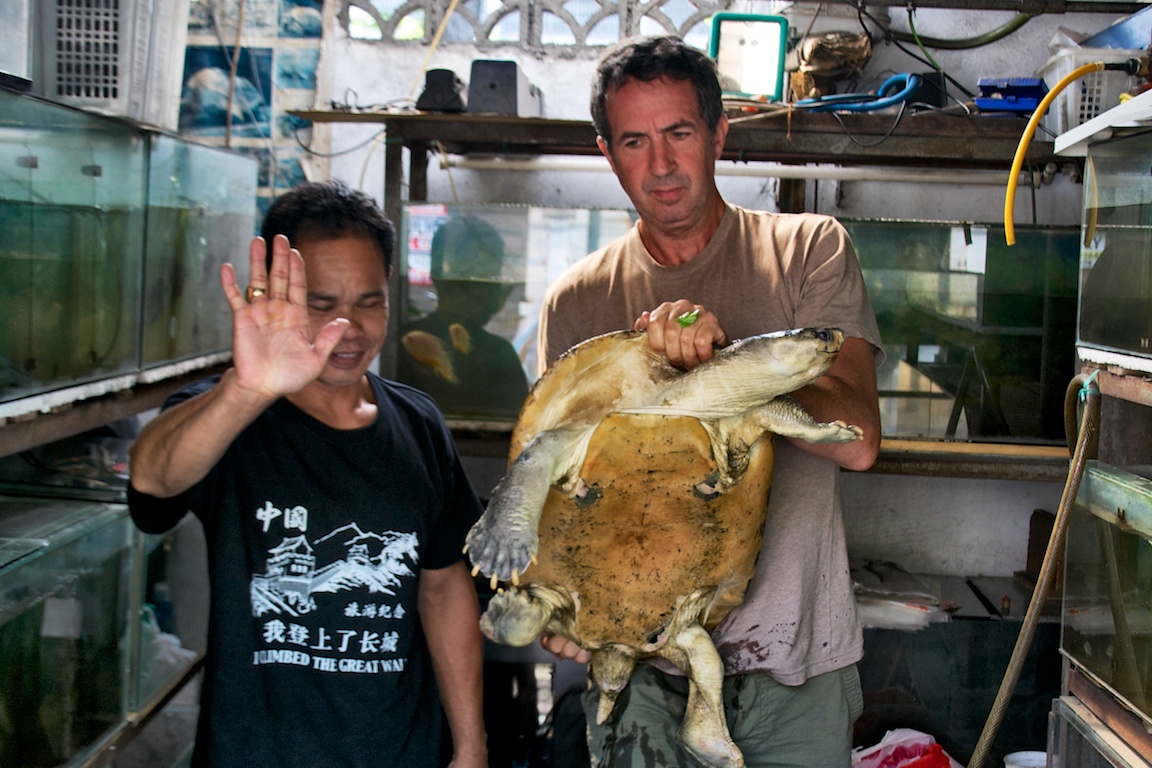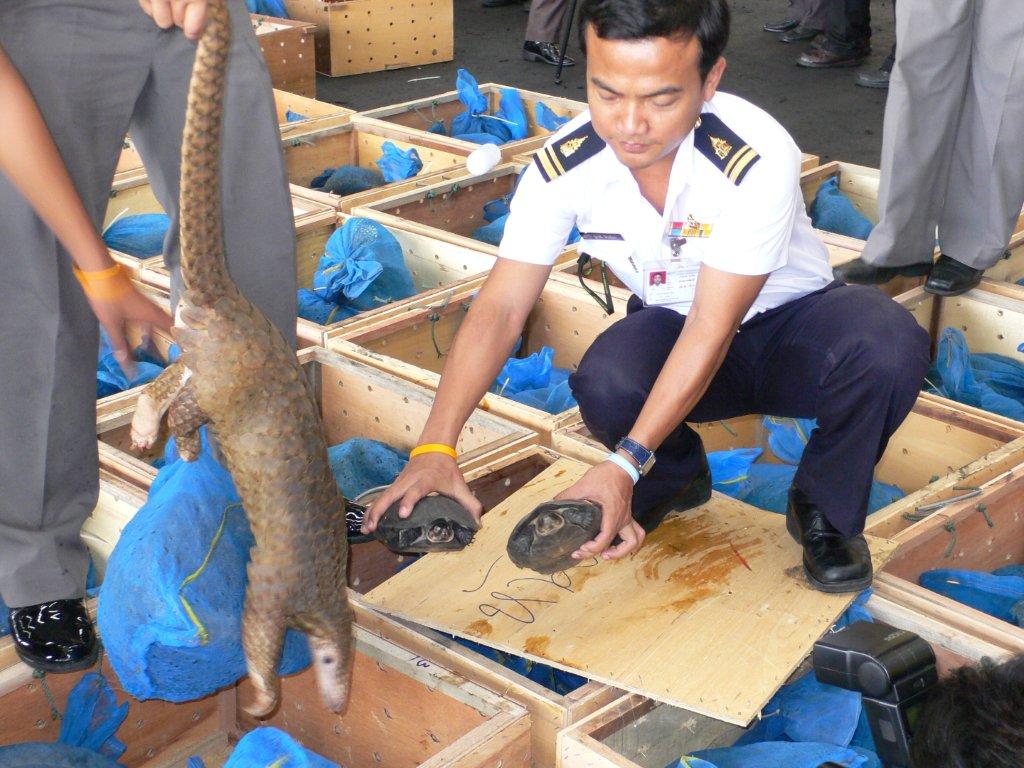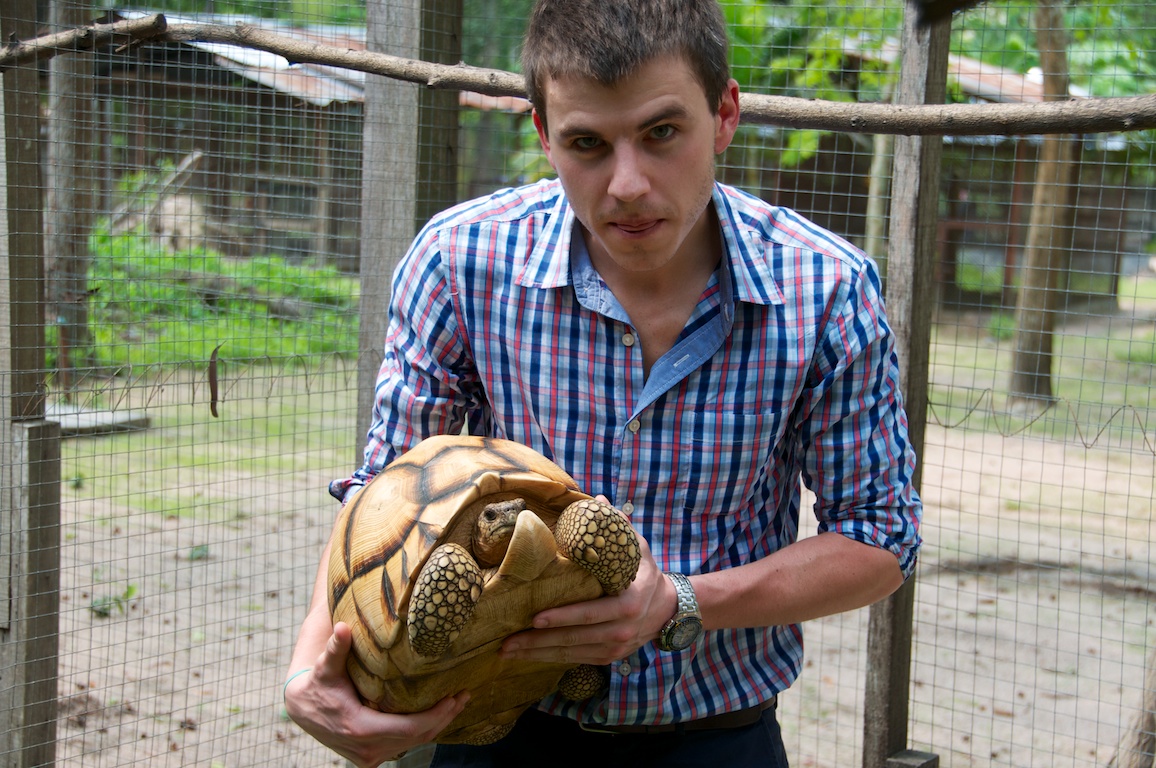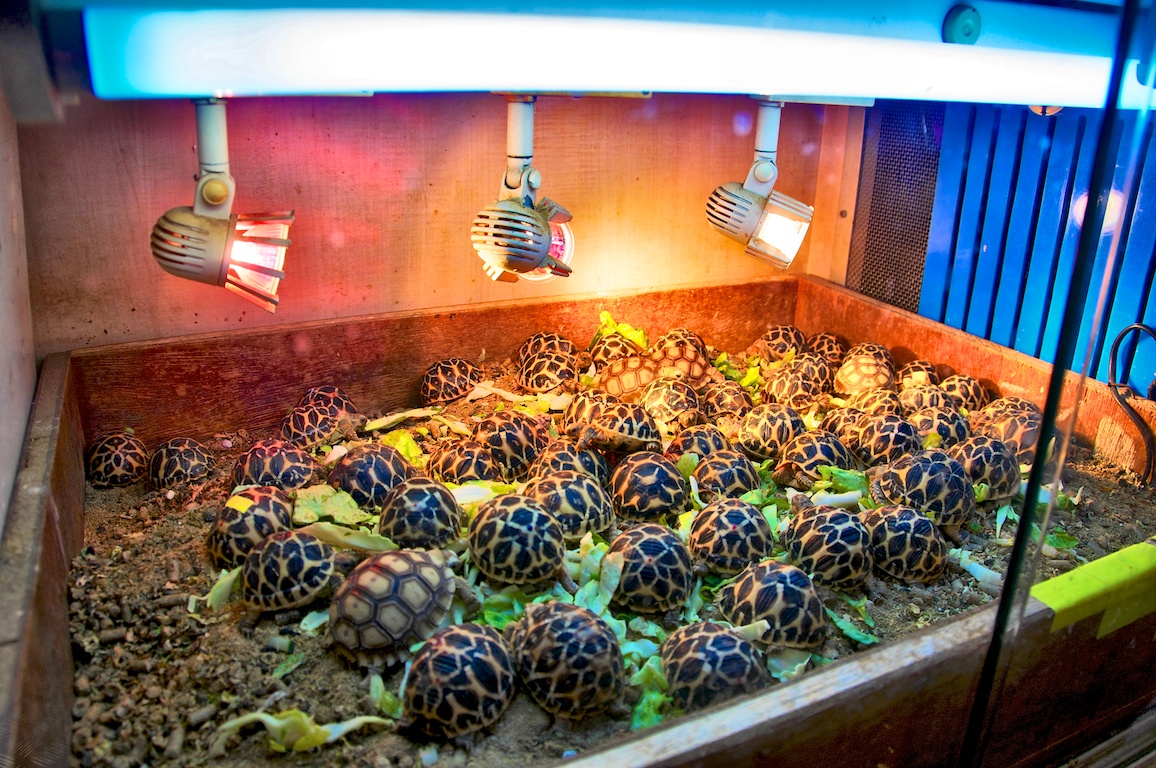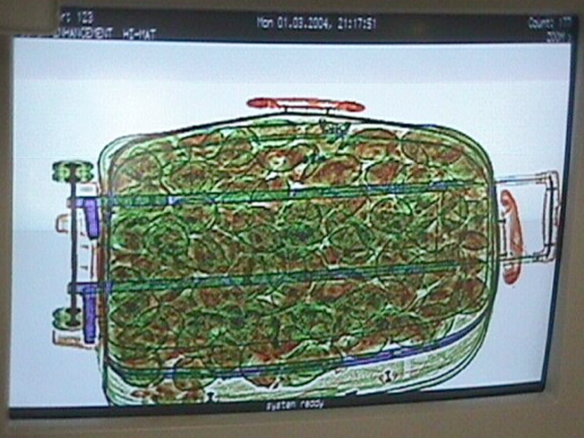Trade Monitoring and Interdiction
Working closely with TRAFFIC Southeast Asia, we financially support one staff member in Southeast Asia who is dedicated solely to monitoring turtles and tortoises in illegal trade routes and markets in SE Asia. TRAFFIC SE Asia has been investigating the trade in tortoises for the past ten years, including the four species originating from Madagascar. However, TRAFFIC’s resources are limited, and therefore monitoring and investigative work has been somewhat ad hoc. At present, TRAFFIC is targeting five hubs in five countries—Bangkok, Jakarta, Singapore, Kuala Lumpur, and Manila—specifically to address the illegal trade activities of the four Critically Endangered Malagasy tortoise species, but also to monitor the trade in all threatened tortoises and freshwater turtles.
Our Partner in Monitoring Trade
Please visit Traffic's website for a more in-depth look at the animal trade across all species and countries.
The Poacher
Often a direct consequence of poverty, wildlife poaching is becoming a much more viable profession for many impoverished nations. Poaching rhino horn, ivory, and trophies continues to be rampant in many parts of the world. Similarly, poaching turtles for food, traditional medicine, and as pets is growing at an alarming rate. While many poachers are approached by larger cartels as a means to provide for their families, the media and authorities still place a disproportional amount of blame on the poachers themselves.
The Middleman
The "middlemen" consist of a group of entities that help funnel animals and their products out of their native countries and into the hands of collectors. They can take the form of exporters, shipping brokers, corrupt government officials and police, and smugglers.
Unfortunately, poaching animals still does not carry the same punishments as other black market trades, such as firearms and drugs. Shorter prison times and smaller fines enable the middlemen to pursue this trade with little consequence. Government bribes and connections help countless others evade prosecution.
The Demand
The demand for all of these animals stem largely from Asia and the West. However, the identity of these wealthy traders has always been masked in obscurity. China is fast becoming the dominant force in the trade, with a seemingly insatiable thirst for animals to be used in traditional art, medicine, food, and as status symbols. An emergence of wealth and the upperclass in China has enabled many individuals the ability to purchase rare animals, including turtles.
Western countries also share in the demand for status, but also play a significant role in the pet trade. Prices for some turtles species can be well North of $10,000 (US) as pets and upwards of $100,000 (US) in China. These overwhelming market forces make it difficult to stop the poachers and middlemen, but exposing the faces behind the demand is one goal of the Turtle Conservancy.
